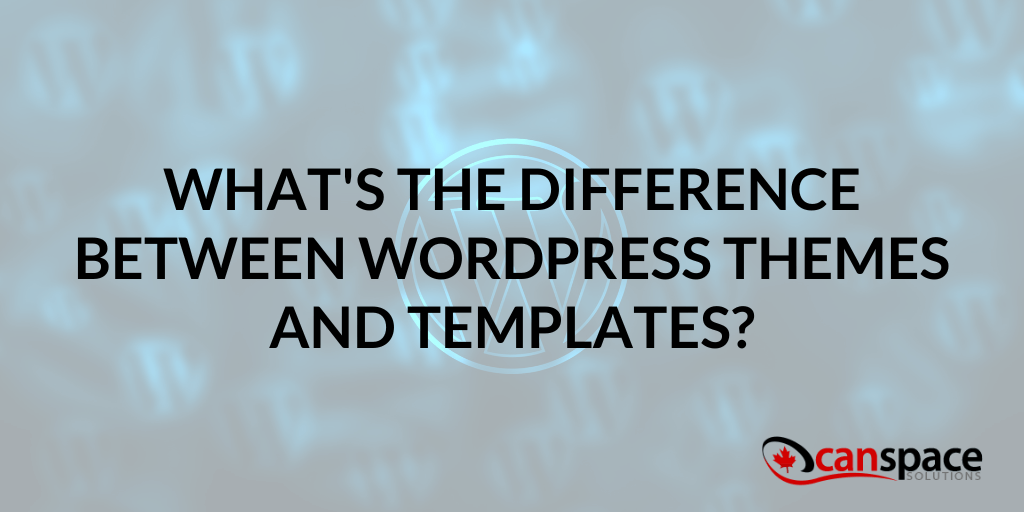Themes and templates can seem like interchangeable terms when it comes to WordPress, but they are actually two distinct concepts. Knowing the difference between them will help you make better decisions when it comes to customizing your website’s design. In this article, we’ll discuss 10 key differences between themes and templates in WordPress.
1. A theme is a collection of files that determines the overall look and feel of your website. It includes template files for content display as well as various options for customization such as color schemes, font selections, page layout and more. Templates on the other hand, are individual files within a theme that determine how specific types of content are displayed on your website. For example, a single post template would control how each individual post page looks.
2. Themes provide an all-in-one package for customization, allowing you to easily make changes to the design of your website without having to modify individual files or write code. Templates on the other hand, are static and require manual editing in order to make any changes.
3. A theme’s styling options such as color schemes and fonts can be changed from within WordPress admin area, while template modifications must be done directly in the source code.
4. Themes are usually associated with a particular theme framework which provides an additional layer of customization options that allow you to customize elements such as sidebars and footers without needing to modify any code. On the other hand, templates are usually associated with a particular theme and cannot be easily transferred from one theme to another.
5. Themes allow for greater flexibility when it comes to styling your website, as you can create multiple versions of the same template for different types of devices or display conditions. Templates on the other hand, will generally use the same styling regardless of the device or environment they are viewed in.

6. Themes provide a more modern and responsive design compared to templates, as they are optimized for mobile viewing and automatically adjust their layout depending on the size of the device being used. On the other hand, templates will remain fixed no matter what device is being used to view them.
7. A theme typically includes multiple page templates that control the design of different types of pages such as a home page, blog page or contact page. Templates on the other hand, usually only include one file and are used to control the design of individual pieces of content such as posts and pages.
8. Themes are typically more expensive than templates, as they provide a comprehensive package for customization with greater flexibility in styling options. On the other hand, templates can be purchased at a much lower cost due to their limited capabilities.
9. Many themes come with additional features including custom widgets and plugins for further customization, while most templates do not offer these additional features.
10. Themes are usually more complex than templates and require an understanding of HTML, CSS and PHP to fully customize them. Templates on the other hand, typically require only basic knowledge of HTML and CSS in order to make changes.
Knowing the differences between themes and templates will help you decide which type is best for your website’s design needs. Themes offer extensive options for customization while templates can be used to quickly create custom designs without needing to write any code. Ultimately, it comes down to personal preference as well as budget constraints when deciding which option is best for you.
At CanSpace, our free script installer can also be used to install WordPress, with just a few clicks, after which you can browse literally thousands of free themes and templates to customize your site exactly as you want it!










